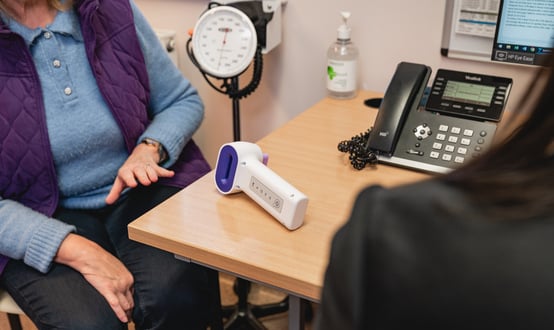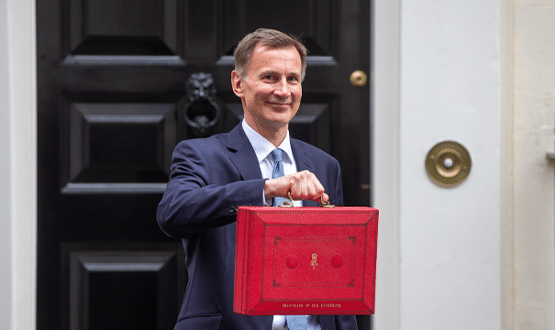Paperless NHS a ‘struggle’ to achieve
- 28 January 2013

NHS IT experts say the government’s ambition of a paperless NHS by 2018 will be a struggle to achieve.
Health secretary Jeremy Hunt announced the aim in a speech to think-tank Policy Exchange this month, saying better use of technology will help NHS trusts achieve the efficiency savings being demanded of them.
Hunt highlighted King’s College Hospital NHS Foundation Trust as being “on track” to becoming paperless by the end of the year, having rolled out e-prescribing.
Colin Sweeney, director of ICT at King’s, said Hunt’s target was “ambitious.”
“It’s a good ambition and certainly something we have embraced, but it’s not easy and not as straight forward as you think because people are quite keen on retaining their paper.”
He said there were numerous things that people used paper for in a hospital. Some cannot be easily digitised, such as signatures and diagram-drawing.
While King’s had been working towards an electronic patient record system for 14 years and had a good relationships with clinicians, Sweeney questioned how trusts not in that position could realise the target.
“I think it’s going to be a struggle for a lot of people to achieve,” he said.
Oxford University Hospitals NHS Trust chief clinical information officer Dr Paul Altmann said storing and sharing health information electronically was the right approach and would improve care for patients.
However, he described the aim of a paperless NHS by 2018 as exceptionally ambitious: “Given that there are millions of paper records held by multiple organisations in the NHS who may or may not be in the process of considering how to procure electronic patient record systems, let alone get them fully deployed and adopted.”
A managing director of The Advisory Board Company, Jonathan Edwards, described Hunt’s announcement as a “statement of platitudes with no money, power, incentives or guidance”.
“There are so many opportunities for IT leaders at NHS trusts to deploy IT to improve care quality and efficiency, coordinate care across local health communities, and unlock the potential of data to improve performance,” he said.
“Regardless of this empty announcement, they should forge ahead.”
Read more expert reaction to Hunt’s announcement in Insight.




